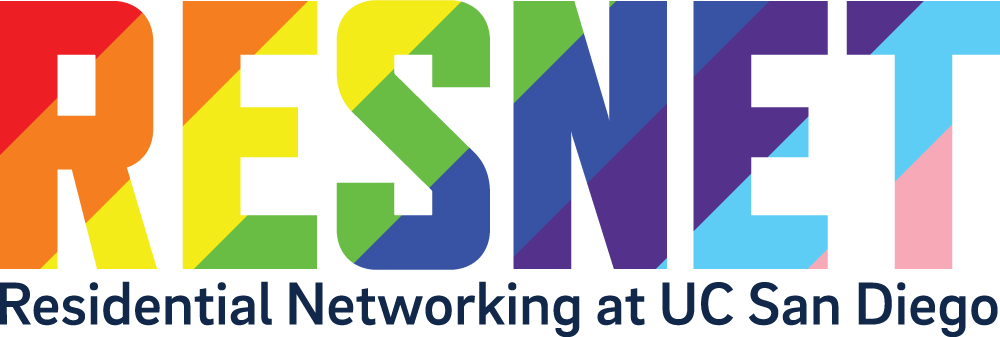Security Overview
Often times computers that are connected to a college network begin experiencing problems as a result of viruses or malware that have been downloaded onto the host system. These problems can be so small that they cause only minor difficulties in accessing certain files and changing settings, or so damaging that they can essentially destroy your system.
What exactly is malware?
Check out the YouTube video below, which briefly overviews the different type of malware (a catch-all phrase for malicious software) that exists.
Why is computer security so important?
Malicious computer hackers, data-destroying viruses, and email spam are only a few of the many possible threats to your personal security. Without being properly protected, hackers can gain access to virtually any file or information stored on your computer through malicious programs. You could potentially lose all of your data or become unable to use it. It is easy to prevent malware infections and surf the Internet without feeling insecure by simply taking a few precautionary measures listed below, and using your best judgment.
But how often does it actually happen?
More than you would think! We remove malware from more than 600 machines, on average, each quarter. Many of these machines come to ResNet because Network Security blocked their Internet connection on campus in order to protect the user as well as the network from malware/hackers. Malware also spreads through peer-to-peer programs (e.g., uTorrent, Vuze). This is only one of the many ways your computer can get infected with malware.
I have a Mac, can I still get viruses?
Although most malware are targeted to injure systems using Windows, Mac computers can still be susceptible. In the past, trojans have broken the Internet connection of Mac users. Also, you can spread infected files to your friends who have Windows through email attachments or file transfers without knowing it.
How did I get infected with malware?
Computers that are the most susceptible to being hacked are those who do not meet minimum security standards (see Connecting your Computer).
Malware can be unintentionally downloaded from other programs, files, or email attachments. Others can also access your computer through security holes in the operating system you are running, so make sure you get all applicable security patches from the manufacturer's website or by running software updates regularly.
What are some signs that my computer may be infected?
- If you see pop-ups that run automatic scans and says that your computer is infected with a ridiculous amount of viruses, this is a sign you may have a fake antivirus program
- If your screen turns black and all of your start menu items and desktop icons disappear.
- If your computer is running unusually slowly. This could mean that your computer is running programs in the background that you don't know about.
- If you are getting a lot of emails returned with virus warnings.
How to secure your computer from malware
The only way to completely secure your computer is to disconnect it from the Internet, but this obviously isn't helpful, so you must take as many reasonable precautions that you can. To ensure that you have the minimum security standards, you should have:
- A secure password to your computer
- Your firewall turned on
- Automatic updates turned on
- A reliable antivirus program
For more information on securing your computer, please visit our Secure Your Computer page.
What to do if you think your machine has been infected or hacked
- Disconnect your machine from the network until you find out more about the malware you have. This will protect your computer from getting more malware and keep your it from infecting other computers.
- Call ResNet at (858) 246-4357 or stop by the ITS Service Desk and check your computer in (learn more about checking in your computer for malware).
What's the worst thing I can do if I do have malware?
Ignoring it. Ignoring the problem will not make it go away. In fact, it will help spread the virus to other places on the Internet (i.e. your friends and family). If you suspect that your computer has become infected with malware, please contact our Service Desk and bring your computer to our office, where one of our staff members will help you remove the malware.
Contact Us
- Phone: (858) 246-4357
- Chat: Visit the ITS Support Website and click the bubble on the bottom right to connect to an agent
- Portal: support.ucsd.edu/its
- Email: resnet@ucsd.edu
- Zoom: ucsd.zoom.us/my/itsservicedesk
- In-person support: Applied Physics & Mathematics 1313 (Google Maps | Apple Maps | UCSD Map)
